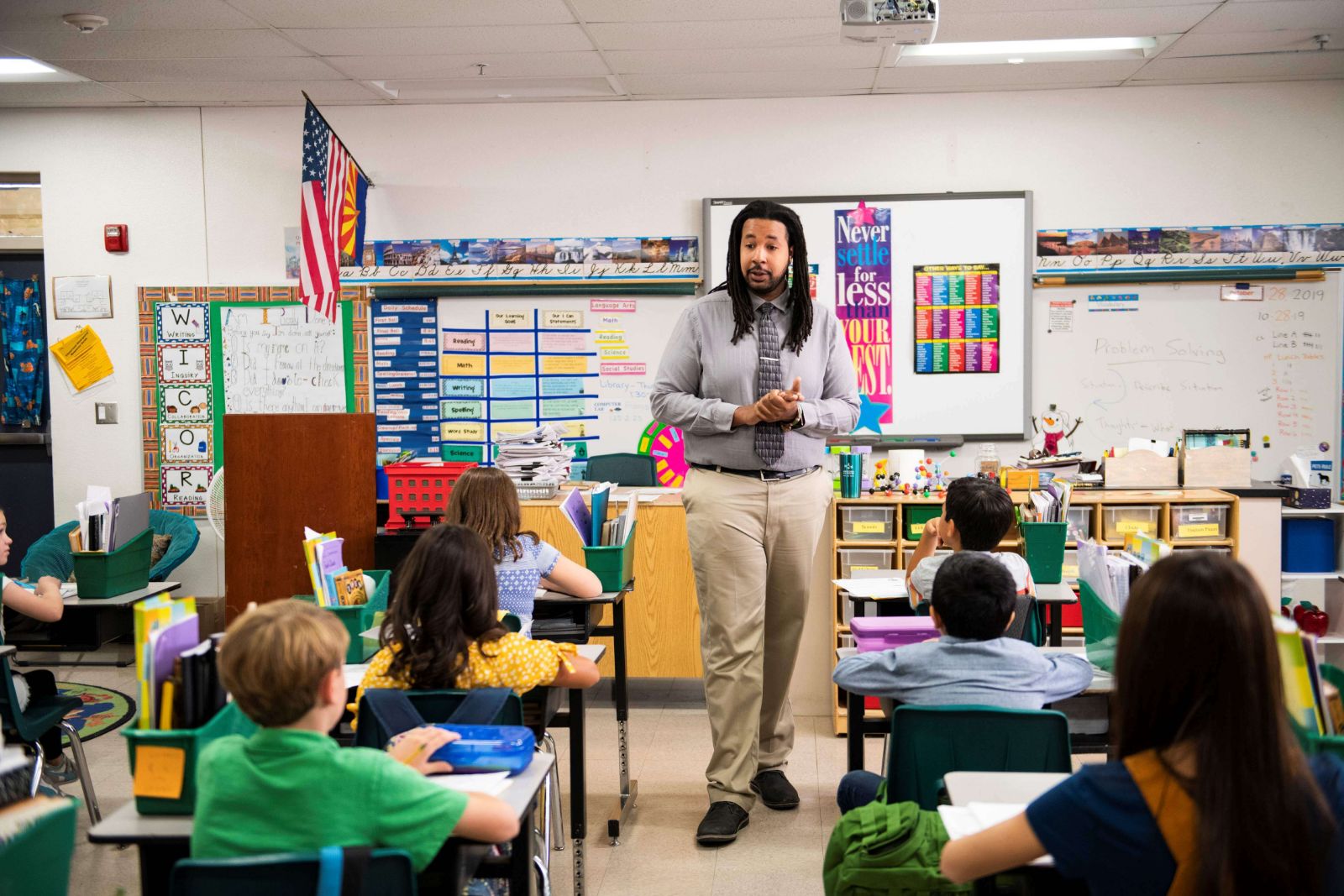How To Accelerate Learning While Acknowledging Academic Gaps
The significance of academic deficits incurred due to learning and changing classroom environments continues to be realized. For teachers who are already overworked and burned out, bridging academic gaps while continuing to forge ahead with new content may feel like an insurmountable task.
But don’t fret — acknowledging academic gaps while simultaneously facilitating accelerated learning doesn’t need to be difficult. Here, we explore some easy-to-implement strategies that will help meet both goals.
Give Frequent Formative Assessments
Taking a regular pulse on your students’ developing knowledge will enable you to address academic gaps by customizing your curriculum to your students’ unique needs. Although summative assessments are important, they may cause students undue stress if given too frequently—and they’re typically used to assess student learning at the conclusion of a learning objective. If a student has not yet mastered their learning, a formative assessment would make you aware of this and give you an opportunity to facilitate effective learning before moving on to new content.
Differentiate Your Lessons
Tying into the point above, a powerful way to customize your curriculum is differentiation. While planning for differentiation has the bad reputation of being unrealistically time consuming, it doesn’t need to be that way. Many ready-made resources are available online, and it’s surprisingly easy to create remedial and advanced versions of a student document from those resources.
Build a More Inclusive Classroom
Incorporating more accessible approaches to your teaching will provide all students equal access to your curriculum and make them feel valued. Here are some easy tips that will ensure equitable curriculum access, which will facilitate learning and bridge academic gaps among students.
Prioritize Which Content Standards To Emphasize
In every grade level and subject area, certain standards are particularly important building blocks for learning that will come later. By identifying and emphasizing these (rather than “supporting” standards), you’ll give students more time to engage with the material and set them up for success with more complex concepts down the road. It can also free up time to focus on prerequisite skills that may be underdeveloped because of remote instruction.
Build Meaningful Connections With Your Students
Developing connections with your students — not just surface-level social connections, but understanding their fears and goals, affirming their self-worth, and respecting their individuality and backgrounds — has been proven to greatly impact academic outcomes. In addition, it can diminish classroom disruptions, lower dropout rates, and improve attendance.
Cultivate Authentic Learning Experiences
Experiential learning — or “doing,” in other words — cultivates authentic learning and helps students better retain new information. Experiential learning is typically grounded in real-world problems and can take the form of simulations, debates, science projects, and more. They can also create a fun and collaborative classroom culture that will feel like a much-needed break from school.
Leverage Pre-Existing Skills and Interests
How can you facilitate the connection between your class content and your students’ own experiences? When students grapple with a standard and its relationship to their lives, they retain academic knowledge in a more meaningful (and long-term) way. Understanding their life experiences and pre-existing knowledge will also provide multiple access points, which provides students from diverse backgrounds more equitable access to your course curriculum.











